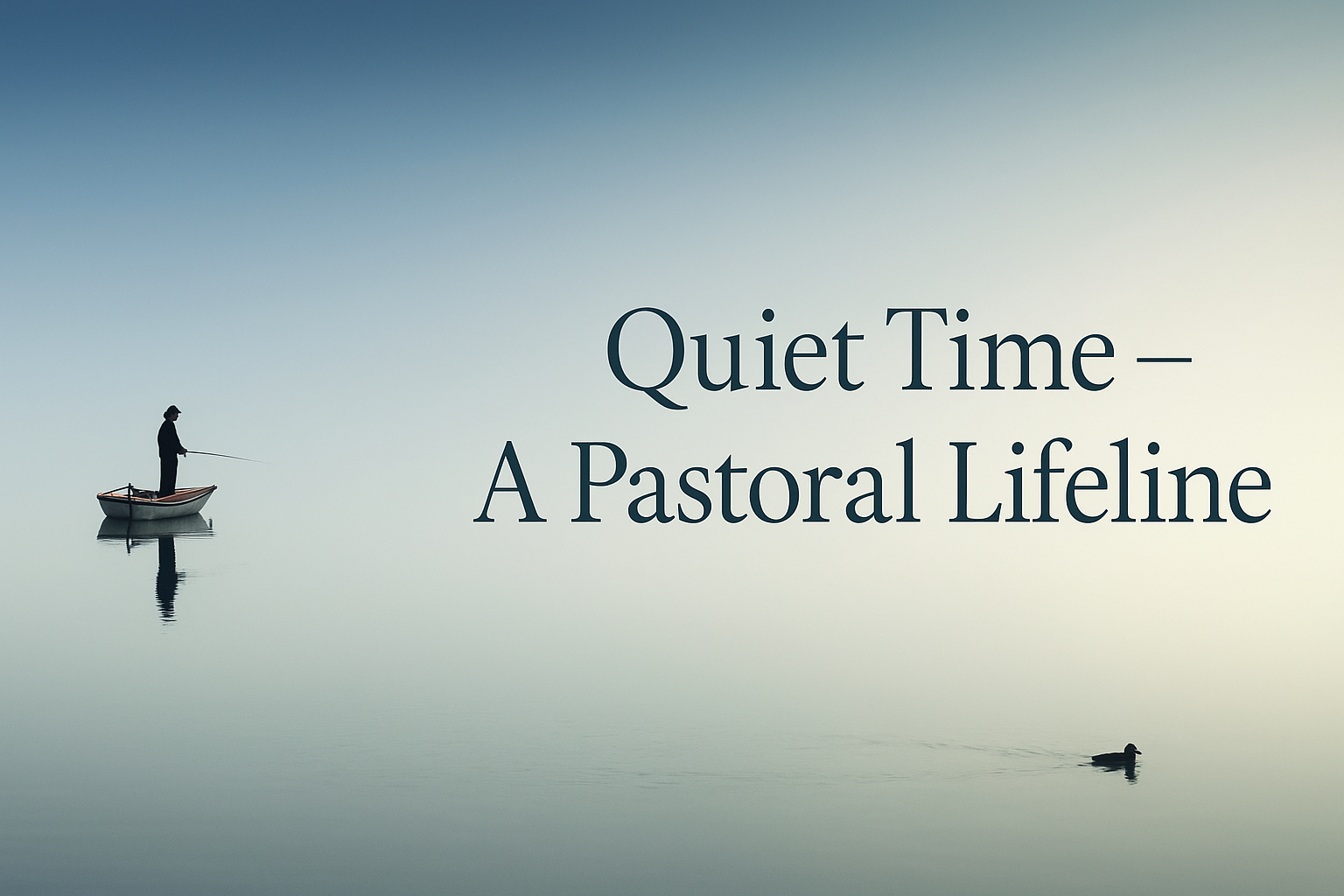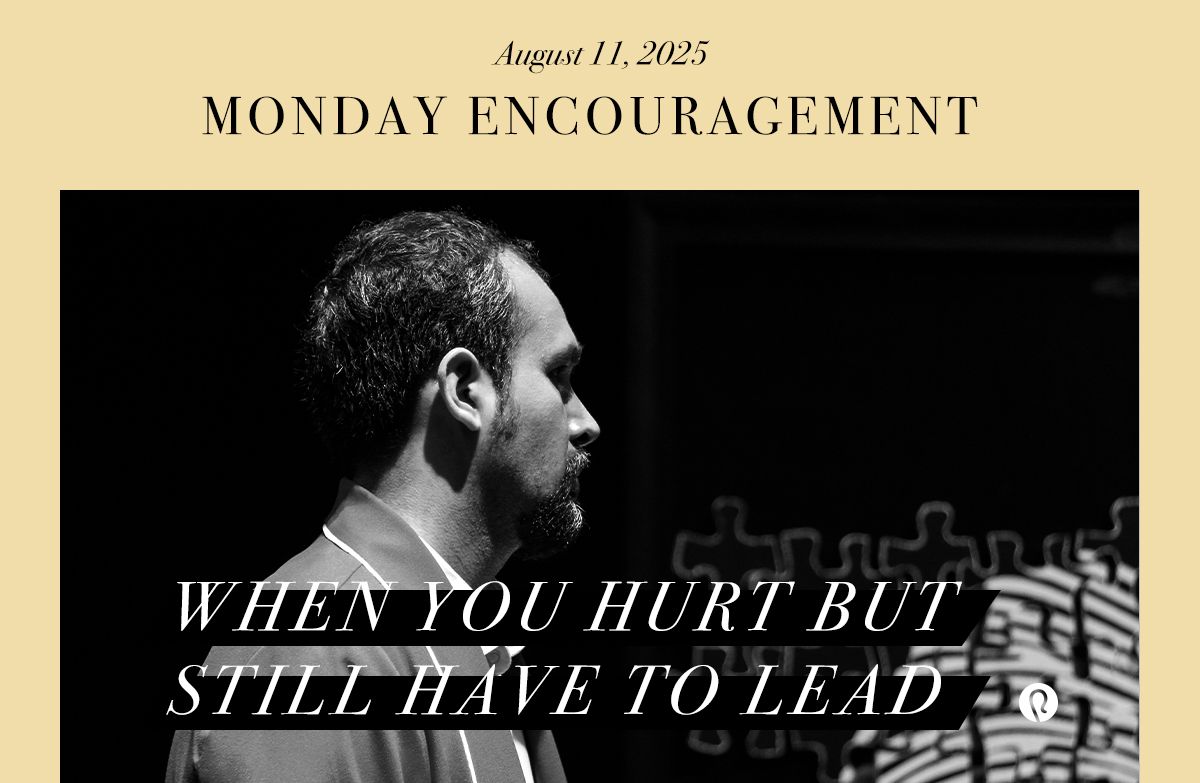FellowshipPreaching/TeachingLeadershipCelebrate RecoveryDiscipleshipSmall GroupsEvangelismWorshipMinistry
To Be a Great Leader, You Absolutely Must Be a Reader

If you’ve ever been to Israel, you know there’s a real contrast between the Sea of Galilee and the Dead Sea. The Sea of Galilee is full of water and full of life. There are trees and vegetation. They still do commercial fishing there. But the Dead Sea is just that – dead. There are no fish in it and no life around it. The Sea of Galilee is at the top of Israel and receives waters from the mountains of Lebanon. They all come into the top of it and then it gives out at the bottom. That water flows down through the Jordan River and enters into the Dead Sea. The Dead Sea takes in but it never gives out. That’s why it’s stagnant. The point is, there must be a balance in our lives to stay fresh with both input and output. There’s got to be an inflow and an outflow.
Somebody has said, “When your output exceeds your income your upkeep will be your downfall.” There must be a balance. Most Christians get too much input and not enough output. They attend Bible study after Bible study. They're always taking in but they’re never doing any ministry. The problem we pastors and church leaders face is the opposite. You’re always giving out, and if you don’t get input, you’ll dry up.
Paul wrote his second letter to Timothy in prison. At the end of the letter he tells Timothy, “When you come, bring my coat, bring the books, too, and especially the ones made of parchment.” (2 Timothy 4:13. ) At the end of his life, while in prison, Paul wants two things... “I want my coat and I want my books.” C. H. Spurgeon commenting on this passage says
He is inspired, yet he wants books. He has been preaching at least thirty years, yet he wants books. He’s seen the Lord, yet he wants books. He’s had a wider experience than most men, yet he wants books. He’s been caught up to heaven and has heard things that are unlawful to utter, yet he wants books. He’s written a major part of the New Testament, yet he wants books.Oswald Sanders in his book Spiritual Leadership says. “The man [and woman] who desires to grow spiritually and intellectually will be constantly at his books.” I remember reading the biographies of both John Wesley and Jonathan Edwards. Both of them were intellectual giants. They stayed fresh by having a book continually while they were on horseback riding from event to event. Everywhere they traveled, they had a book. I’ve seen drawings of Wesley with a book in one hand, reading, not even looking where his horse is going. Leaders are readers. Every leader is a reader. Not all readers are leaders but all leaders are readers. A lot of people read but they’re not leaders. If you’re going to lead, you’ve got to be thinking further in advance than the people that you’re leading. There are at least four reasons reading is essential. 1. You must read for inspiration and motivation. Harold Ockenga said, “Read to refill the wells of inspiration.” William Long, who wrote Christian Perfection and a number of Christian classics, wrote "Reading on wise and virtuous subjects is next to prayer, the best improvement of our hearts. It enlightens us, calms us, collects us, collects our thoughts, prompts us to better efforts. We say a man is known by the friends he keeps but a man is known even better by his books.” Personally, I feel few things get me out of sluggishness than reading a good book. It gets my creative juices flowing. So the first thing I do is read for inspiration. 2. You must read to sharpen your skills. Aldous Huxley said, “Every man who knows how to read has in his power to magnify himself, to multiply the way in which he exists, to make his life full, significant and interesting.” Reading is to the mind what exercise is to the body. Your mind is a muscle and just like any muscle, the more you exercise it, the stronger it gets. You cannot wear out your mind. No one ever died of an overused mind. Just like every other professional, you as a minister, have to continually be upgrading your skills. The way you do that is through reading. Make a list of the skills that are needed for your facet of ministry and then read in those areas. 3. You must read to learn from others. It’s wise to learn from experience but it’s even wiser to learn from the experience of others. All of us learn from the school of hard knocks -- trial and error. But we don’t have time to make all the mistakes ourselves. Socrates said, “Employ your time in improving yourselves by other men’s documents, so you shall come easily by what others have labored hard for.” Employ your time reading what other men have already learned and then you can learn much easier what others have labored hard for. The fact is, you can learn from anybody. You don’t have to agree with everything they do, but everybody has something to teach you. We have assimilated lots of good ideas from many different sources and put them together in a new format and that’s what creativity is. All truth has been around forever. There are no truly new ideas. Creativity is taking existing ideas and making them work in a new way. 4. You must read to stay current in a changing world. If books are any indication of personal growth of senior pastors, a lot of pastors in America stopped thinking when they got out of school. They're not reading anything new, yet they're trying to speak on a weekly basis. In today’s society obsolescence comes very quickly. You can write a science textbook and by the time it gets to press it’s out of date. You cannot live out your entire ministry on what you learned in seminary. You have to keep growing and keep learning. With that as a background, I want to share with you some tips about how to get more out of your reading:
- Analyze your reading habits to see what you've read and what you really need to read next.
- Be intentional about scheduling time for reading, then read snippets of books wherever you are.
- Balance your reading. Read broadly. Include people you don't agree with. This is how we are stretched.
- Mark up your books and take notes. If you use a reading app, make highlights and store them.
- Know what not to read. Know your favorite authors, read the covers and tables of contents and the bibliographies to see if the book is worth your time.
- Read book reviews and book summaries to process even more books in less time.
- Build your library. Whether you prefer print or ebooks, collect a library to reference and to leave behind.







